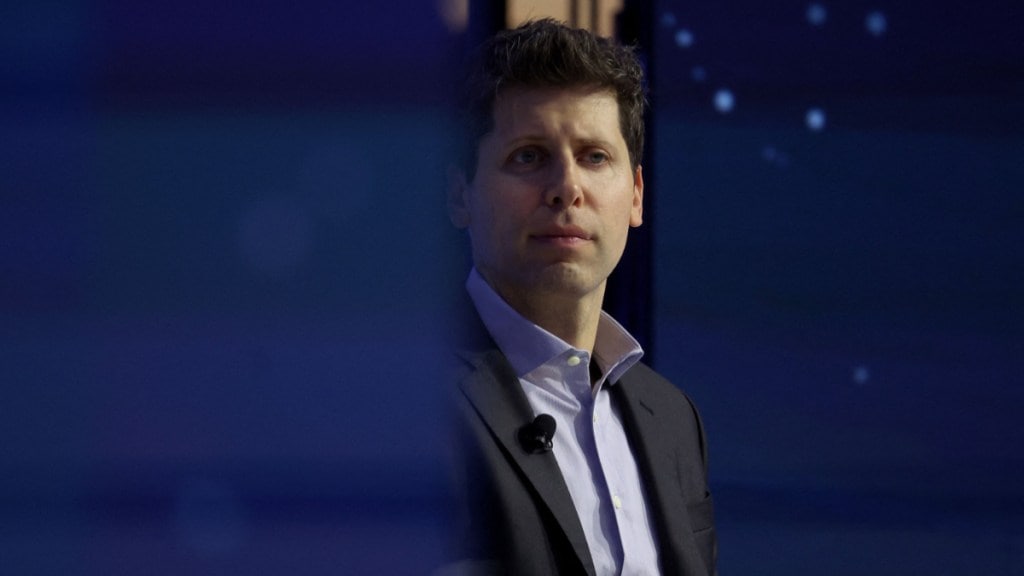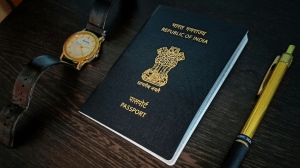It’s not just US President Donald Trump who is worried about China’s advancements into the semiconductor and AI business. OpenAI CEO Sam Altman has also jumped on the bandwagon, issuing a stark warning that the United States may be underestimating the seriousness of China’s progress in artificial intelligence.
In a rare on-the-record briefing, Altman cautioned that the global AI race is not a simple contest of who is ahead, but a deeply complex competition with many layers, including research, product development, and the ability to build powerful AI systems.
OpenAI CEO says export controls don’t work
Altman expressed his concern that a singular focus on export controls on semiconductors—the special chips that power AI—is not a reliable long-term solution. “My instinct is that doesn’t work,” he said, arguing that even with strict controls, companies can find workarounds or establish their own fabrication facilities.
His comments come as the Trump administration attempts to navigate a complex and evolving policy landscape. The Biden administration initially tightened export controls, but the Trump team went further, only to recently create an exception for certain “China-safe” chips. This controversial deal allows companies like Nvidia and AMD to resume sales in exchange for giving the US government a portion of their revenue from those sales.
OpenAI wants to tackle its competition
The intense competition from China has also directly influenced OpenAI’s strategy. Altman admitted that the rise of Chinese open-source models like DeepSeek was a key factor in OpenAI’s recent decision to release its own open-weight models. He stated it became clear that if OpenAI did not release these models, the world’s developer ecosystem would become heavily reliant on Chinese technology.
OpenAI’s new text-only models, gpt-oss-120b and gpt-oss-20b, are designed as lower-cost options for developers and researchers to download and run locally. While they don’t have all the features of OpenAI’s more powerful commercial models, they represent a strategic move to build a broader developer community.
With an open-source strategy, OpenAI hopes to tackle China’s influence on the broader developer community across the world and also fend off any threats from its own neighbourhood.







